ADHD and Mental Health
In the UK, ADHD is recognised by the NHS as a ‘neuro-behavioural’ condition, primarily treated as a neurodevelopmental condition affecting behavior.
While ADHD is not strictly a mental health issue, it intersects significantly with mental health. Understanding ADHD involves recognising its dual nature: it is primarily neurodevelopmental, but it also impacts mental health and can lead to secondary conditions.
Understanding ADHD
ADHD is a lifelong condition that typically starts in childhood and can persist into adolescence and adulthood. Core symptoms include difficulty concentrating, fidgeting, forgetfulness, and impulsive decisions.
These symptoms can affect behavior, mood, and thinking, often overlapping with symptoms of mental health disorders such as depression, anxiety, obsessive-compulsive disorder (OCD), or personality disorders. Despite these challenges, ADHD also brings strengths like creativity, unique thinking, and high energy.
Managing ADHD and Mental Health
Untreated ADHD can lead to secondary mental health issues such as anxiety or depression. Effective ADHD treatment can improve or resolve these secondary conditions. Additionally, ADHD often co-occurs with primary mental health conditions, which are sometimes misdiagnosed due to ADHD’s prevalence.
Co-occurring and Secondary Conditions
People with ADHD are more likely to develop primary mental health conditions like depression or anxiety. Accurate diagnosis by ADHD specialists is crucial to differentiate between ADHD and other mental health issues, given the high rates of misdiagnosis.
Common Secondary Conditions:
- Depression: Often linked to executive dysfunction impacting work or home life.
- Generalised Anxiety: Can worsen with increased demands or disorganisation.
- Social Anxiety: Tied to ADHD traits affecting social interactions.
- OCD-like behaviors: Coping mechanisms for ADHD-related challenges.
Recognising Secondary Conditions
- Secondary Depression: Coincides with life challenges, unlike primary depression.
- Secondary Anxiety: Worsens with increased demands or disorganisation.
- Secondary OCD: Focuses on coping with executive function challenges, often without the guilt seen in primary OCD.
ADHD and Trauma
ADHD can increase vulnerability to trauma, influencing conditions like PTSD. Transgenerational trauma may also occur in families with ADHD, affecting upbringing and mental health.
Seeking Support
Effective treatment addresses both ADHD and associated mental health conditions. Specialist ADHD diagnosis is key to managing both primary and secondary issues effectively.
Treatment and Support Options
Various treatments are available for ADHD, including medication, talking therapies like Cognitive Behavioral Therapy (CBT), and educational support. Medication for ADHD often overlaps with treatments for mental health problems, and CBT focuses on how thoughts, beliefs, and attitudes affect feelings and behavior.
Support Services:
- GP Visits: Preparing for conversations with your doctor using resources like the “Find the Words” guide can help make the most of appointments.
- Mental Health Information: Access an A-Z list of mental health information through services like Mind’s Infoline.
- Organisations: Several organisations offer support for people with ADHD, including:
Living with ADHD
ADHD can leave individuals feeling out of control and overwhelmed, leading to feelings of isolation and low self-esteem, especially when compared to peers. However, recognising the strengths of ADHD, such as passion and unique perspectives, can be empowering. Embracing neurodiversity is crucial, and talking openly with friends, family, and teachers can foster understanding and support.
References:
ADHD and mental health – ADHD Aware
What is Neurodiversity – ADHD Aware
ADHD and Mental Health | Signs and Symptoms of ADHD | YoungMinds
